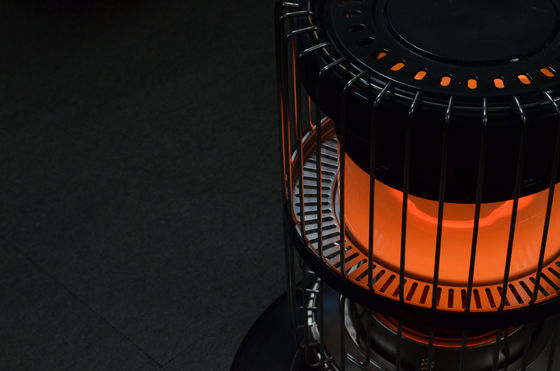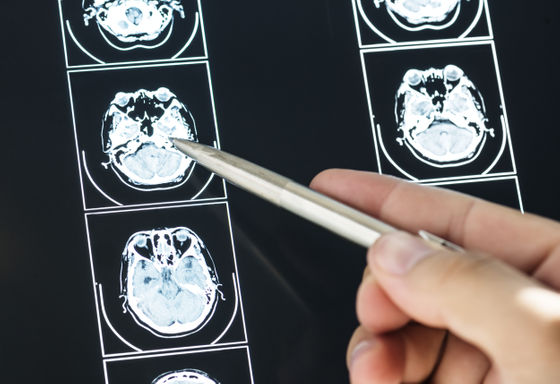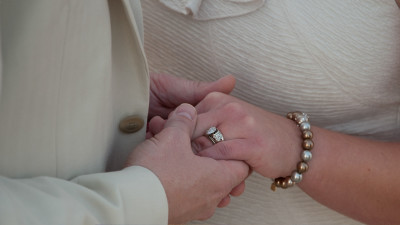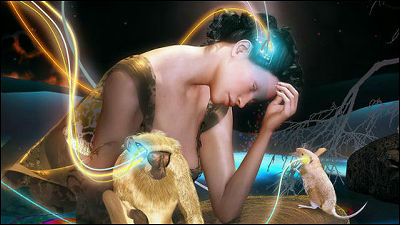Why do people feel 'physical pain' when they suffer mental damage?

Some people may have experienced intolerable pain as if their chests were tightened when they were struck by great sadness due to a broken heart or the death of a close relative. Professor Geoff MacDonald of the University of Toronto's Faculty of Psychology and Professor Ethan Cross of the University of Michigan's Faculty of Psychology explain the mechanism by which such mental damage produces 'physical pain.'
Why does'emotional pain' hurt? | Live Science
According to Professor McDonald's, the process of mental damage producing physical pain was 'helpful for survival' and therefore evolved in the process of evolution. For example, if you put your hand on a hot stove, the neurons in your brain will activate and send a signal that something is wrong. This signal seems to have a very good effect on distracting attention and immediately stopping what is wrong.

From an evolutionary point of view, isolation is near the worst. Human ancestors have built close social relationships and cooperated with each other to streamline food collection and repulsion of natural enemies. And above all, if you are isolated, you will not be able to find a breeding partner and you will not be able to 'preserve seeds'.
In a 2011 study , Professor Cross was happy to look at 40 subjects who had a broken heart, looking at a photo of their ex-girlfriend and remembering the moment when they were fluttering, and looking at a photo of a close friend. We conducted an experiment in which fMRI scans the brain in a state of remembering a moment, the brain when a hot object is pressed against the arm, and the brain when an object with a comfortable degree of warmth is pressed against the arm. Analysis of these scans revealed that pain-related brain regions were activated only when the person remembered a broken heart and when a hot object was pressed against it. Professor Cross interprets the cause of this phenomenon as 'emotional pain'piggybacked'on the system that governs the physical pain that existed in the brains of human ancestors.'

Since mental pain is felt in the chest and abdomen, 'I think the activation of the vagus nerve that runs from the brain to the neck, chest, and abdomen is converting mental pain into physical pain.' Although there is a theory, Professor Cross denies it as 'poorly convincing.' In addition, from the theory that it is caused by mental damage, it was confirmed by a 2018 survey that mental damage increases the mortality rate of heart disease and Takotsubo cardiomyopathy, which is commonly known as 'broken heart syndrome (broken heart syndrome)'. However, in reality, 'broken heart rarely causes broken heart syndrome.'
Live Science, a science news site that reported the above, said, 'It's painful to feel pain, but it may be reassuring given the fact that the ability to feel pain is the result of human evolution's evolution to survive. I don't. '
Related Posts:
in Science, Posted by darkhorse_log







